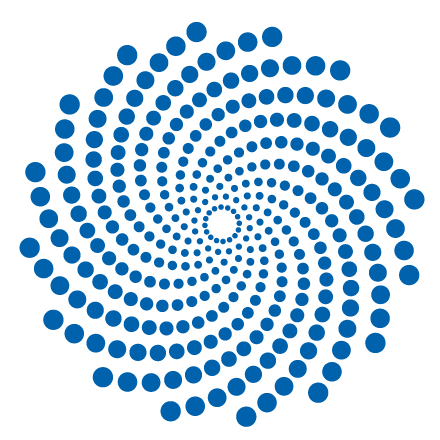May 23, 2017 | University of Deusto, Bilbao, Basque Country, Spain
Sala Gárate from 09.45 to 12.30 h
Objectives
This conference aims to reflect on Researchers’ career options and paths, giving comprehensive inputs for career planning from Early to Senior stages.
The world of academia is hard to be linked with the world of practice. The perception that PhD graduated may find jobs mostly in universities, is confirmed by a 2014 research on intersectoral mobility (between the academia sector and the public, private or “third” sectors) of social sciences and humanities (SSH) PhD graduates. Although limited data is available on PhD graduates, the mentioned study concluded that ‘the majority of SSH researchers are employed in higher education. The same study shows that “multiple” mobility between different sectors is not easy, especially between the academia and the business sector. This is due to the difference between the working cultures and differences in payments as well as the skills developed.
Broader professional development is becoming increasingly significant as employers look for researchers who can ‘add value’ to their organisations. Reflection on researchers’ professional development should cover one’s own skills, understanding, aptitudes and ambitions. Development as a professional involves more than building a research profile and research skills.
Career development is most effective when it starts early and becomes a continual activity. By beginning to consider career goals early, researchers can ensure sufficient time to develop the skills and experience needed to work towards the achievement of planned goals. Whereas leaving consideration of career options to late stages means diminishing opportunities to encompass new experiences related to a career path or engaging in other important development activities or projects.
Lecturers
Peter van der Hijden
Peter van der Hijden is an independent higher education expert of Dutch nationality living in Brussels. He studied law and worked at Maastricht university before joining the European Commission. Former Head of Sector Higher Education Policy, Peter helped to build the Erasmus programme, the European Higher Education Area (Bologna Process) and the EU Modernisation Agenda for Higher Education. He also contributed to Horizon 2020 and the European Research Area (ERA). Peter currently acts as board member, advisor and moderator for public authorities, non-governmental organisations, companies, universities and networks.
Carlos Martín-Vide
Carlos Martín-Vide is Full Professor at Rovira i Virgili University, Tarragona. His research areas are automata and language theory, molecular computing, theoretical computer science and mathematical and computational linguistics, where he has more than 300 publications. Since the creation of the European Research Council (ERC) in 2007 he is involved with it, with a number of tasks from coordinating the evaluations in mathematics and computer science, identifying members of panels, monitoring the development of projects, contributing to policy design, etc.
Enrique Zuazua
Enrique Zuazua is the Director of the Chair in Computational Mathematics at DeustoTech Laboratory in the University of Deusto, Bilbao (Basque Country-Spain) where he leads the research team funded by the European Research Council Advanced Grant “DYCON: Dynamic Control”. He is also a Professor of the Department of Mathematics Universidad Autónoma de Madrid where he holds a Strategic Chair in Applied Mathematics since 2001.
Agenda
09.45 – 10.00 Registration
10.00 – 10.10 Opening remarks: Concepción Yániz, Director of Deusto International Research School (DIRS), University of Deusto
10.10 – 10.50 Session I – From Pre-doctoral to post-doctoral stages
Diversified and alternative researchers’ professional paths beyond academia?
Peter van der Hijden, Senior Advisor to the European Commission
10.50 – 11.10 Session I – Questions and debate
11.10 – 12.00 Session II – Senior Postdoctoral Stages
Senior track: the challenge of excellence – ERC Grants
Carlos Martín-Vide, European Research Council Executive Agency
Enrique Zuazua, ERC Advanced Grant Holder and Chair of Computational Mathematics, University of Deusto
12.00 – 12.20 Session II – Questions and debate
12.20 – 12.30 Closing remarks: Toñi Caro – Head of International Research Project Office (IRPO), University of Deusto

